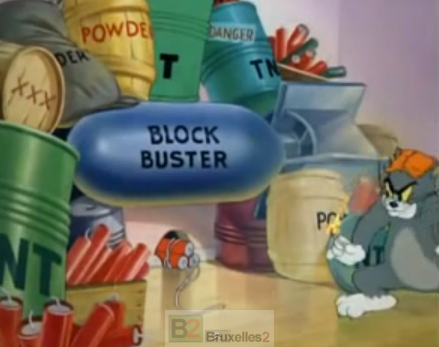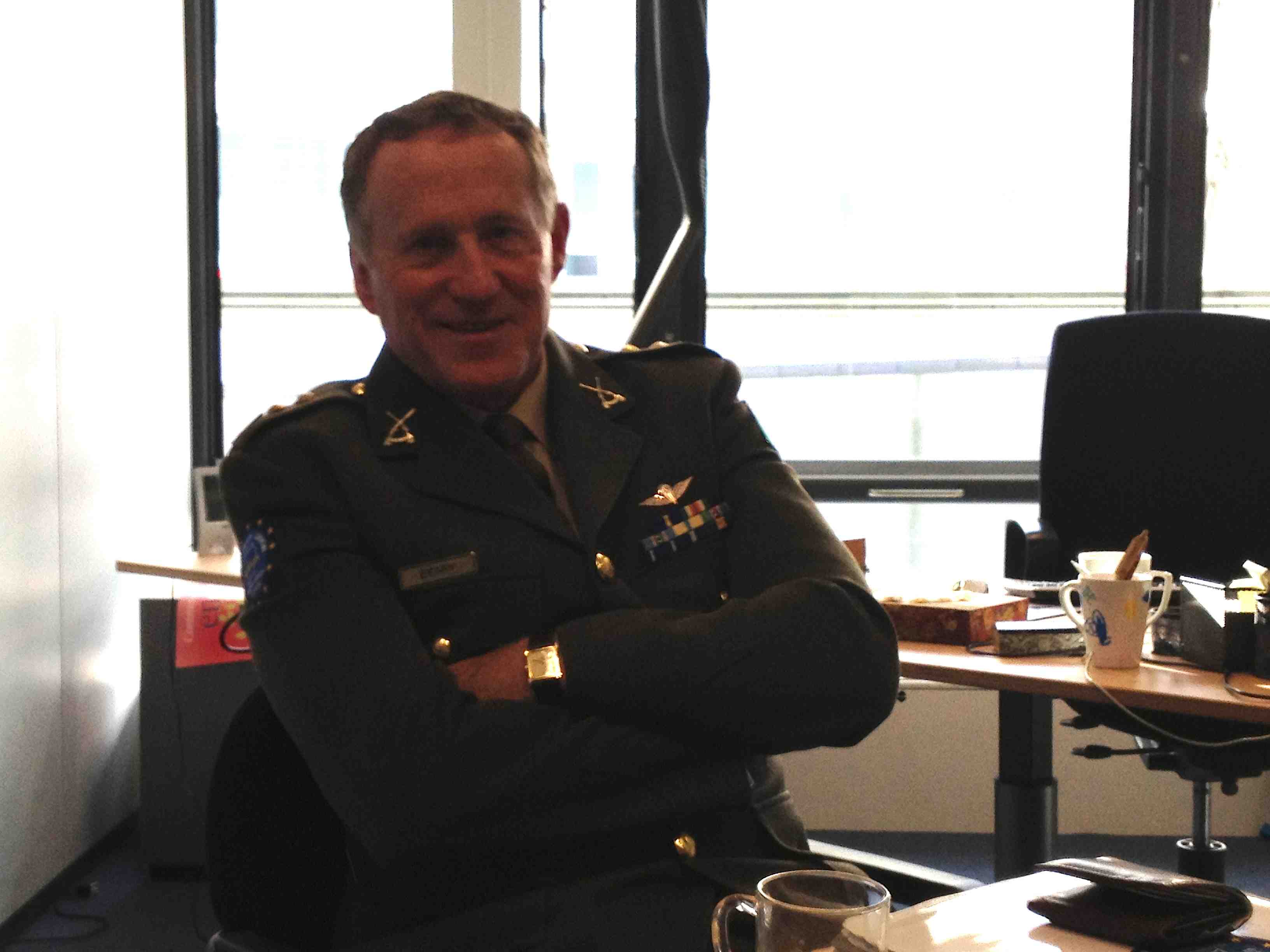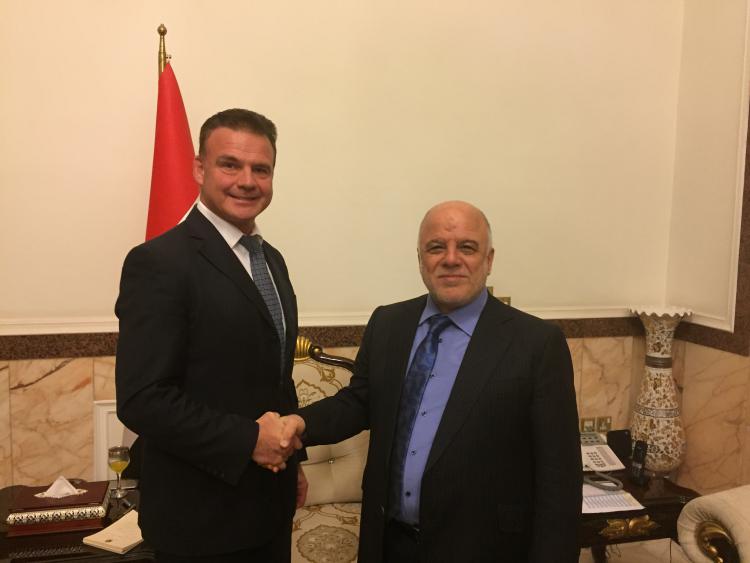Between Europeans and Russians, the test of resistance to pain

(BRUSSELS2) The showdown between Europeans and Russians is very real, with economic sanctions and financial support for the Kiev government for some, retaliatory measures and military advances for others. But it is unequal in more ways than one, notably political but also psychological. With the sanctions adopted today, we feel that the pain threshold has been reached.
Different political systems
On the one hand, we have "28" decision-makers with often divergent political interests and opinions and different rhythms of political life. On the other, a single power - even if it is more fragmented than it looks - and above all a single public space and a single political rhythm. This is an objective fact but one that can be overcome.
The bet of a Russian crunch
On the other hand, the resistance to pain, which is also called resilience, between the two societies, European and Russian, seems totally unequal. Sanctions hurt Russia, that's a fact. And Europeans and Westerners are counting on a crack in society at some point to put pressure on political power. The problem is that the sanctions hurt the Europeans, in real terms but much more painful, first of all those they inflict on the Russians (in market losses) then those which hit them in turn.
The European does not like to be in pain
The European, accustomed to a certain comfort, is no longer accustomed to suffering in order to maintain his international rank. Sending soldiers to die at the front is an anachronism that only a few countries support. But accepting financial or economic losses at a time when the social and economic crisis awaits its climax is even more intolerable. It is in this resistance to pain that the Europeans can lose their "fight" against Russia. Because the Russians are perhaps more used to "suffering" than the Europeans. And because the Russian objective is not unique: it is not so much to automatically convince the Europeans as to break certain economic and commercial links with the West, to review the links of its interdependence. Counter-sanctions, in particular, are a tool in this policy.
A race for rearmament
Added to this is a new arms race. The Putin team has understood "the game" and is forcing it. In the same way that during "Star Wars", the Americans of Reagan had accelerated an arms race, forcing the Russians to follow, Moscow today returns this argument. With a low investment - a few thousand soldiers in the Crimea then in Eastern Ukraine - it leads to an upheaval in the strategic situation. By presenting himself as an "adversary" - we dare not say "enemy" -, Putin is forcing Europeans who considered the "Eastern front" as calm and peaceful to reoccupy it. Defense budgets, in constant decline, and appreciated by "accountants" for the ease of budget cuts, will have to be replenished. Which, in times of economic tension, requires a real choice and is certainly more burdensome, in the long term, for national economies
(NGV)



